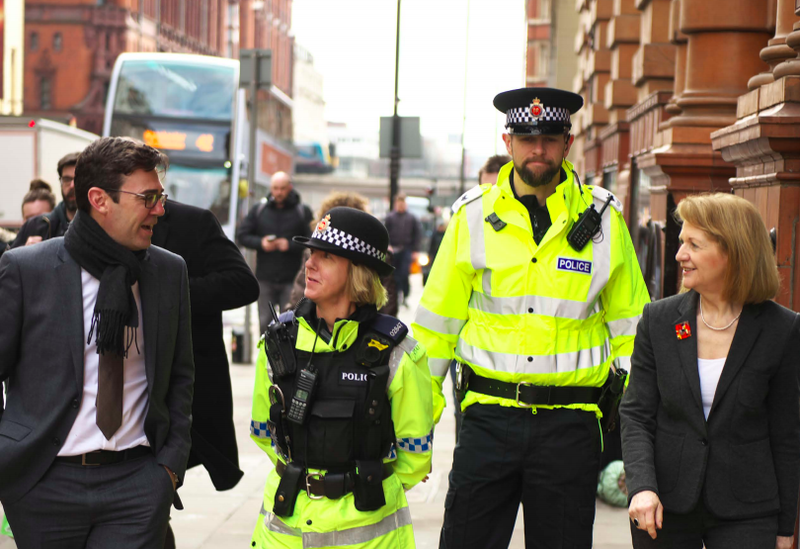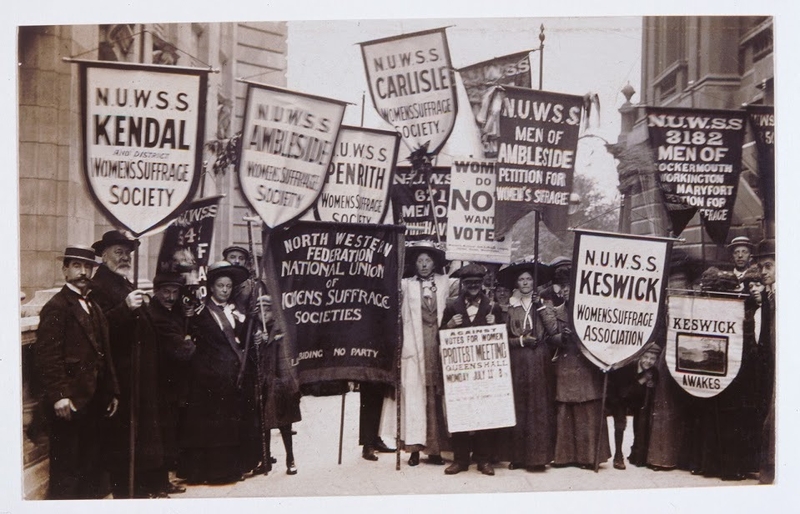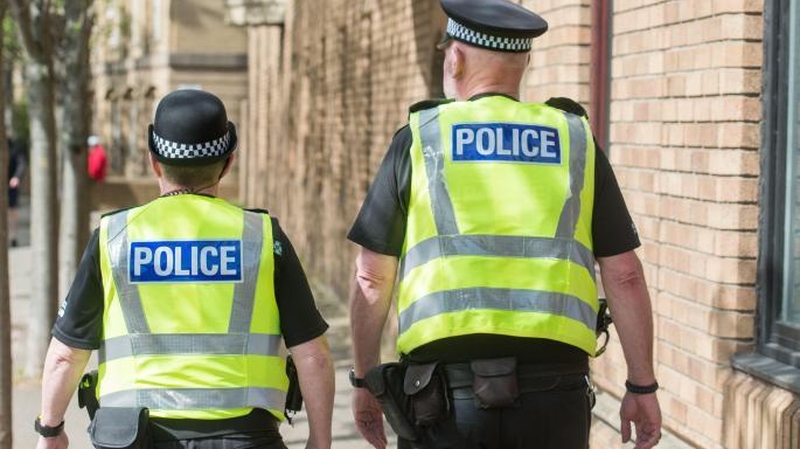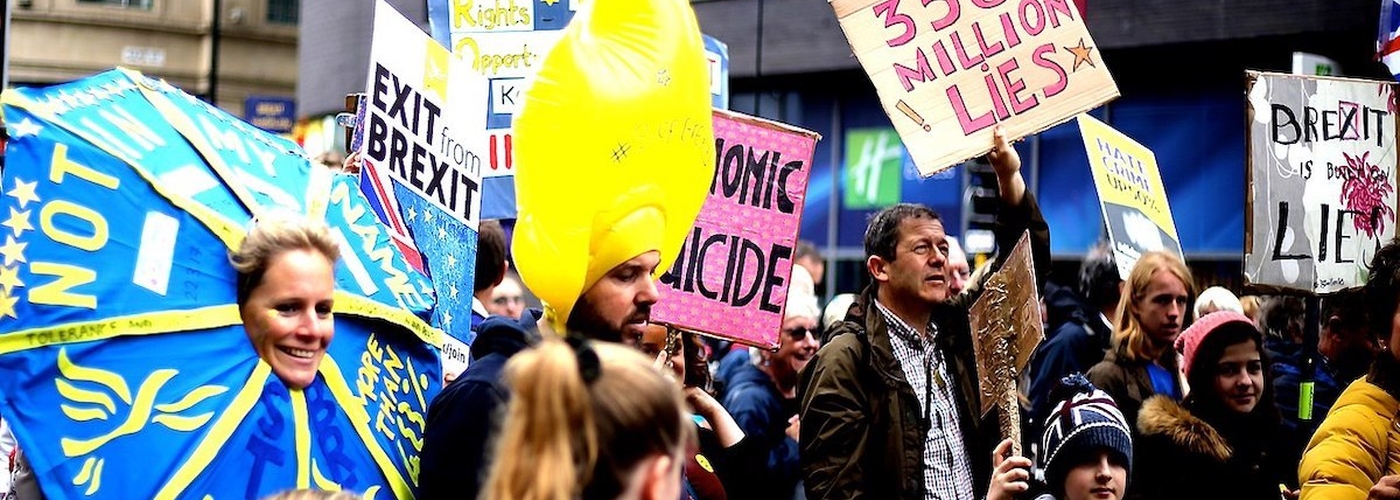Are we no longer a radical city?
On Sunday 14 March, a crowd of over a hundred people gathered in St Peter’s Square in memory of Sarah Everard, who was abducted and killed walking home from a friend’s house. Unlike events in Clapham Common, the gathering went without incident.
This in-person vigil nearly didn’t happen at all, and many believe that it shouldn’t have. Gatherings of any sort have been banned under coronavirus legislation since last November. While the event on Sunday was a seemingly spontaneous one, it was preceded by an online vigil on Saturday night organised by Right To Walk MCR.
People need to be really worried about this. The right to have a voice is fundamental to our democracy
Originally, Right To Walk had wanted to organise the vigil in Manchester City centre in conjunction with Greater Manchester Police (GMP) but had not been able to come to a satisfactory agreement with the force in time. The High Court ruling that would have made it possible did not happen until late on Friday. Worried that the police might fine both organisers and attendees, it was decided to move the event online.
NHS payrise protest organiser fined
The organisers were right to be cautious. The previous weekend, mental health nurse Karen Reissmann had organised a demonstration against the 1% pay rise for nurses in St Peter’s Square. The protest was COVID secure with social distancing measures put in place. However, before it could really start, police pulled Karen aside and told her that the protest was illegal due to COVID legislation.
Karen was fined £10,000 for organising the protest.
the manchester vigil tonight was so powerful and emotional and moving!!power to all the wonderful and inspiring people who got up and spoke about their experiences 💛#ReclaimTheseStreetsManchester pic.twitter.com/k4Toj6BdT1
— Lily (@lilyeresen) March 14, 2021
Commenting on the protest, Supt Caroline Hemingway said: “We sought to engage with and peaceably disperse those attending this afternoon’s protest, explaining that the gathering was in contravention of Government lockdown rules.
“Unfortunately officers were met with a degree of non-compliance and it was therefore necessary to enforce issue FPNs.”
The protest in fact dispersed peacefully at Karen’s request and lasted less than ten minutes. The FPN (Fixed Penalty Notice) was issued for organising a gathering of more than 30 people and has in the past been given to those organising large house parties and raves. Karen rejects the claim that there was any degree of non-compliance. A go-fund-me has been set up in her name to help pay her legal costs.
Vigil right now in Manchester. Some brilliant speeches especially the one from @lumnic ✊ pic.twitter.com/TxhEoS5ewX
— Chris Neville (@ChrisNev1985) March 14, 2021
Manchester's radical history
This is a national problem of course, but it is Manchester’s proud history as a cradle of radical dissent that makes the squeeze placed on freedoms so bitterly ironic. The vigil was naturally focused on the statue of Emmeline Pankhurst, the suffragette campaigner for women's freedom and daughter of the city.
The statue itself is adjacent to the site of the Peterloo Massacre. For a quick history refresher, on Monday 16 August, 1819, around 80,000 people walked to St Peter’s Fields (now St Peter's Square) to peacefully demand the vote and representation in Parliament in a time of great suffering and hardship. The magistrates called in the military, both amateur and professional, to arrest the leaders and disperse the crowd; resulting in the deaths of 18 men, women and children and more than 700 injured, many severely. It was a hugely symbolic moment on the long road to full British democracy.
Manchester trades on its radical past in promotional materials and in attracting tourism, but it doesn't seem to want to stand out today.

When asked about the Karen Reissmann situation, Mayor Andy Burnham said: "It's a challenging situation for GMP with regard to handling protests at this time, whatever the cause. There is no excuse for people not to follow what is the clear advice and guidance that GMP has to work towards."
While this hardline attitude does not seem to fit with other aspects of Mr Burnham's politics, one has to remember that crime and policing is seen as a weak point in his campaign to be reelected mayor. As policing is ultimately the Mayor's responsibility, he must be seen to support the force.
Beverley Hughes, Deputy Mayor for Crime and Policing, said that whatever sympathy they would have, they had to apply the law and to do so even-handedly. Mr Burnham and Baroness Hughes both appeared at the online vigil, organised in conjunction with Aurelia magazine.
so heartbroken yet so inspired. so proud of all the brave women who spoke at tonights vigil in manchester, i am so sorry we have to relive our trauma in order to be heard. i am so angry and heartbroken at the world we live in. #ReclaimTheStreets #ReclaimTheNight RIP Sarah❤️ pic.twitter.com/rkrrJgncUy
— cate:) (@catekennedyx) March 14, 2021
Protests past
Between Karen Reissmann's fine and the caution displayed by Right to Walk, there is mounting concern about the Government using the pandemic as a pretext to restrict the public’s right to protest. While the emergency measures have always limited the number of people that can gather, protest was previously seen as an exception to that rule.
You may recall that back in November, students protested against conditions at the University of Manchester including fencing installed at the Fallowfield campus. The University apologised, but a week later another protest took place. This time the police response was described as “intimidating and excessive” but no FPNs were issued.
Or consider the Freedom protest in December, in which over a thousand people marched through Manchester to protest against COVID-19 laws. Again no FPNs were issued.
And don't forget about the Black Lives Matter protests back in the summer.

Perhaps what is most surprising is that the right to protest has never been inalienable in English law. The right to protest and the right to free speech are protected by the Human Rights Act 1998. However, the exercising of those rights can be restricted so long as any restriction is necessary, proportionate and most importantly, lawful. Which is where a new bill comes in.
A new bill to 'undermine protest' for 2021
The Police, Crime, Sentencing and Courts Bill was introduced to the House of Commons and given its first reading last week. It will be formally debated this week. Parts three and four of the Bill will change how gatherings and protests are policed. Clauses 54 to 56 and 60 would amend police powers so police can impose conditions on protests that are noisy enough to cause “intimidation or harassment” or “serious unease, alarm or distress” to bystanders.
There is a lot of emphasis on noise, for some reason, perhaps because it is very difficult to gather a group of people together without any noise. Essentially it will be up to the police to decide if a gathering is too noisy and if they deem it so, they will be able to break it up. Unless silent protests become the vogue, then this gives the police permission to break up any gathering.
Gracie Bradley, Director of Liberty, said: “Parts of this Bill will facilitate discrimination and undermine protest, which is the lifeblood of a healthy democracy. We should all be able to stand up for what we believe in, yet these proposals would give the police yet more powers to clamp down on protest. They risk stifling dissent and making it harder for us to hold the powerful to account."

Intelligent policing
While the Government are keen to throw the police under the bus, especially with regards to Clapham Common, the new legislation is not necessarily viewed as helpful by the forces themselves.
Sir Peter Fahy, former Chief Constable of GMP, told Times Radio: “People need to be really worried about this. We’ve learned one thing this weekend, it’s the right to protest, the right to gather, the right to have a voice is fundamental to our democracy, and particularly British democracy.
“Bringing in legislation on the back of the Black Lives Matter and Extinction Rebellion demonstrations, rushing that legislation through, putting in some really dodgy definitions which the police are supposed to make sense of.
“Again if we’ve learned one thing from the coronavirus legislation is that rushed legislation and unclear definitions cause huge confusion for the public and for the police having to enforce it.
“This weekend has shown the crucial importance of the right to protest, and you’ve got to be really wary of more legislation being rushed through just because certain politicians didn’t like certain demonstrations in the summer.”
Contrast the treatment of Karen Reissmann and the difficulty Right To Walk had coming to an arrangement with GMP with the Extinction Rebellion protest in summer 2019. Then, GMP were praised for their 'intelligent policing', working with the protesters and businesses alike. This difference in approach suggests the change is down to the legislation rather than the attitude of the police.
While right and left disagree about practically everything, they both like to have the chance to shout about it on the street. For those more in the middle, the main concern has been balancing the health of the nation with the health of its democracy. As we ease our way out of lockdown, that tension should reduce.
While it is to be hoped that GMP returns to its 'intelligent policing' tactics of the last few years, it should be noted that protest is meant to be a thorn in the side of authority - if it wasn't, would it ever be effective? Working together is the smart thing to do, but protest and asking permission will never make easy bedfellows.














